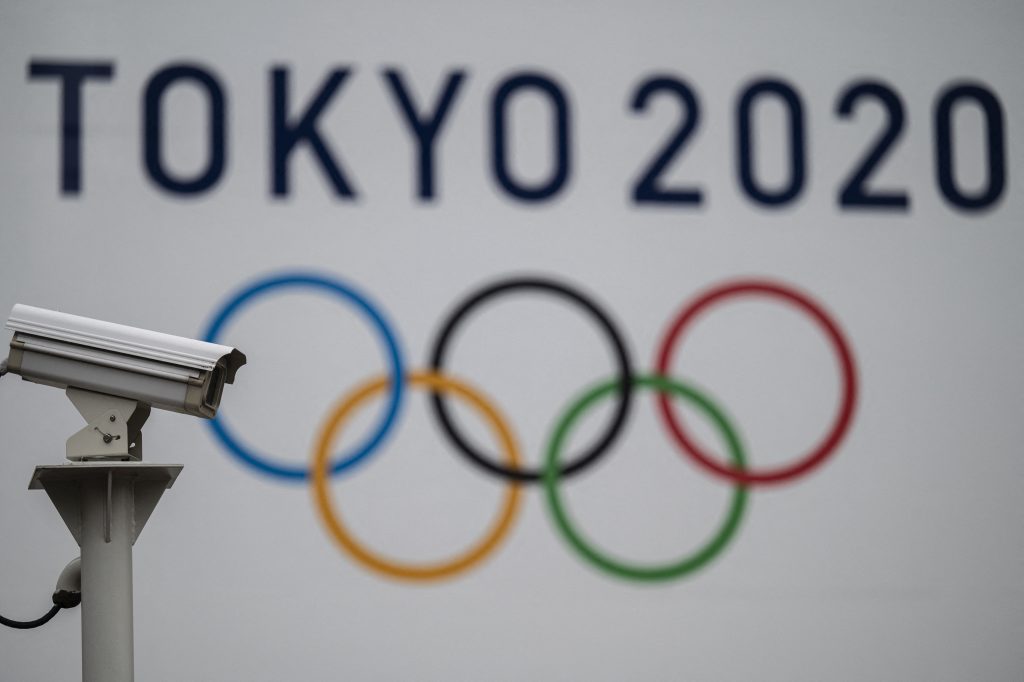
- ARAB NEWS
- 26 Apr 2024

TOKYO: Municipalities around Japan are abandoning plans to host foreign Olympic and Paralympic athletes for training in the lead-up to the Tokyo Games, due to the novel coronavirus crisis.
Communities are scrapping what would have been opportunities for local residents to interact with athletes from around the world. With the epidemic raging on for over a year, however, reactions to the cancellations have been largely muted.
The city of Kurihara in Miyagi Prefecture, northeastern Japan, decided in January to cancel its plan to welcome the South African men’s field hockey team for training.
The city government made the decision party because it is unable to create opportunities for interaction between the athletes and city residents under the central government’s novel coronavirus response guidelines. The city government had planned on holding sessions for local students to get to know the athletes as hockey is popular in Kurihara.
“I think citizens were looking forward to it, so it’s disappointing,” a city official said.
The town of Okuizumo in the western Japan prefecture of Shimane, which also has a large hockey-playing population, had originally planned to host the powerhouse Indian team.
The town spent 546 million yen to retrofit its hockey field with artificial turf, to match the playing environment of the hockey venue at the Tokyo Games. It had also planned opportunities for locals to watch the Indian team practice and play together.
But Okuizumo decided against accepting the Indian team early this year, partly due to an expected hike in costs arising from the need to book entire lodging facilities and transportation vehicles as part of infection-prevention measures.
“It was supposed to be a great opportunity for children to be inspired at a time when the hockey-playing population is on the decline,” Osamu Sugihara, head of the prefectural hockey association, said. But he admitted that he knew welcoming the Indian team would be a challenge due to the state of the epidemic in India.
“It would be great if we could interact (with the Indian team) after the pandemic ends,” an association official said.
The city of Okaya in Nagano Prefecture, central Japan, was planning to host around 10 members of the Canadian table tennis team for about a week from mid-July before the Tokyo Games. In January, however, it received word from the Canadian side that the team would be training in their home country due to the pandemic.
Okaya plans to display photographs and descriptions of the Canadian athletes at public facilities and have citizens send messages of support, as an alternative to the initial plan for face-to-face interactions.
Soichi Kataoka, mayor of Soja in Okayama Prefecture, said that he was “extremely shocked” when the Iranian Paralympic judo team decided to cancel its training in the western Japan city.
According to the mayor, the Iranian delegation to the games is planning to concentrate its training sessions in the Tokyo area due to the outbreak of the coronavirus back home. The city had planned to host the five-member judo team from mid-August.
The city is looking for alternative ways to interact with athletes from Iran, with the mayor saying that “it is important to accept the country in peace” as Iran is mired in an international standoff over nuclear arms.
JIJI Press